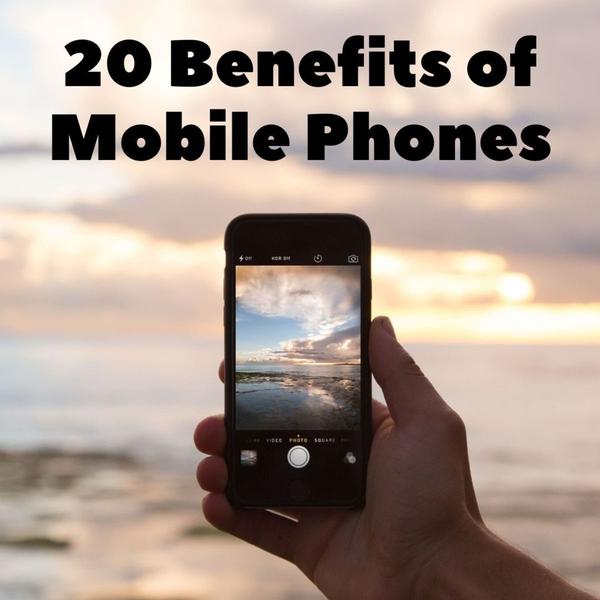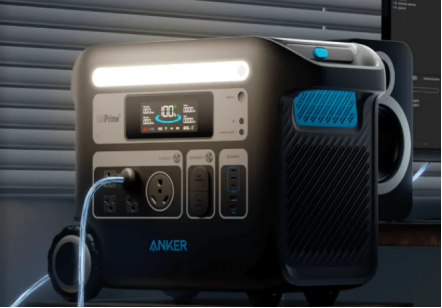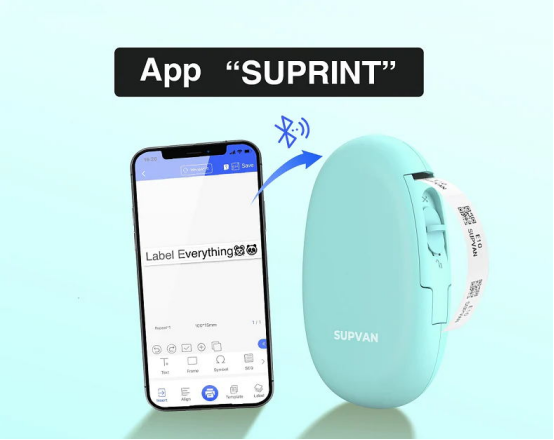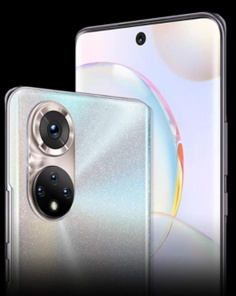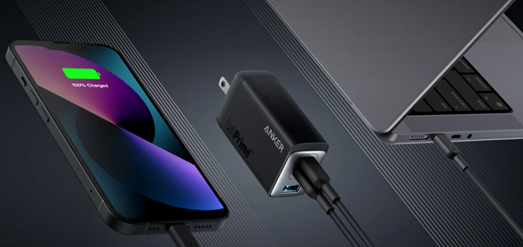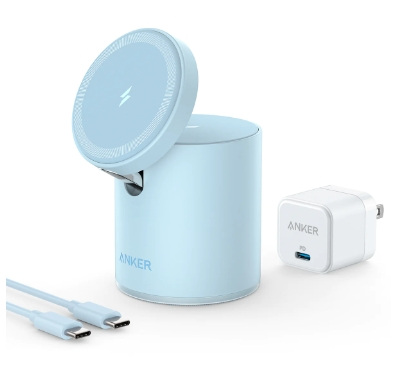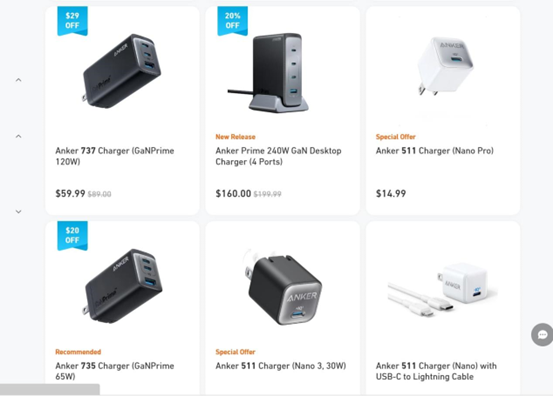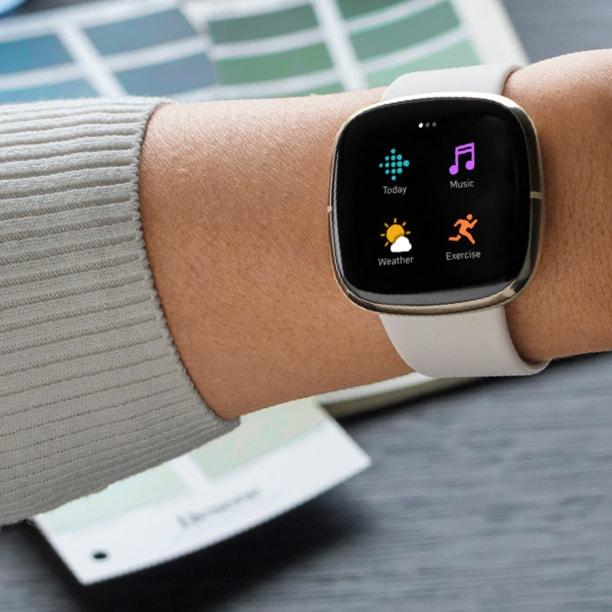
By cuterose
New Fitbit Sense Bracelet Monitors Stress And Mood To Give Wearers Feedback
Through its proprietary sensors, the Fitbit Sense smart device tracks the mind as well as the body; monitoring the stress levels, temperature, blood oxygen, and sleep activities of its wearers in addition to various other inputs, in order to help act as a daily wellness coach for them. The device reads wearers’ palms to assess their base electrodermal activity (EDA), and can track when excess sweat moisture occurs to measure stress activity, as well as combine these readings with users’ mood ratings on the connected Fitbit app in order to offer holistic wellness advice and ways to manage stressors and external impacts on mood more effectively. The wearable’s newly introduced Snore & Noise Detect capability, which is only available to Fitbit premium subscribers, collects and measures information about nighttime behavior in order to provide a more complete picture of sleep patterns and disruptions. Additionally, the advanced smart device also touts an FDA-cleared electrocardiogram (ECG or EKG) to record and track heart health.
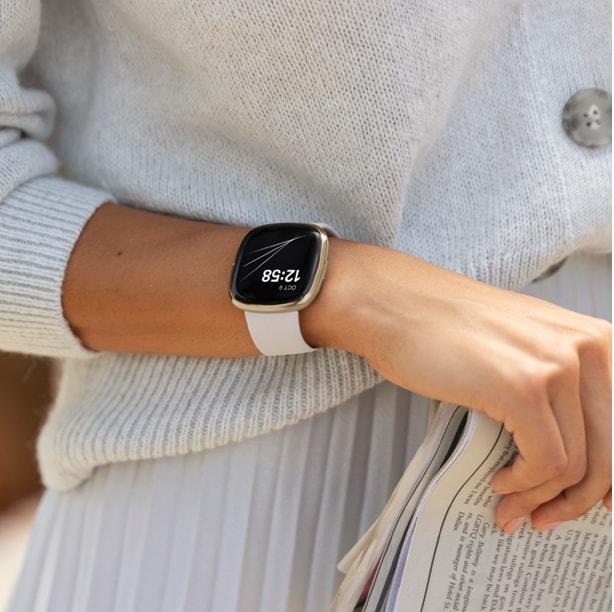
The Fitbit Sense is sleekly designed, and charges using a new magnetic charger that easily attaches to the back of the watch and provides enough juice for up to six days. Other features include a convenient onboard GPS, voice assistance support, and the ability to integrate apps for popular brands such as Spotify and Starbucks. The big-picture view the wristband is able to capture of its wearer’s overall fitness and mental state from week to week allows it to provide positive prompts throughout the day like reminders to move a couple hundred steps every hour, along with other wellness-centered nudges like taking a break to meditate, or use the EDA Scan app. The EDA Scan feature, which assesses stress, asks users to hold their palm over the Sense’s display and breathe for a preset amount of time, generally two minutes, while the Sense takes a Quick Scan. The device vibrates when the scan is done and then provides a summary of the session, as well as asks the user to log how they are feeling between Very Calm, Calm, Neutral, and Stressed, so that the Fitbit app can connect a mood to the wearer’s EDA score and calculate their stress level as well as provide any additional advice for managing it.
The measuring of not just physical but also mental wellness and mood is part of a bigger trend PSFK researchers have seen around fitness trackers adding psychological markers and tracking abilities their suite of tools. The Moodbeam wristband, for example, tracks sleep patterns and daily activity as well as emotional state; and the Upmood smart watch is a wearable dedicated exclusively to measuring the wearer’s mood and emotional state.
+++
This article originally appeared in PSFK’s research paper, Supporting Customers' Personal Growth


